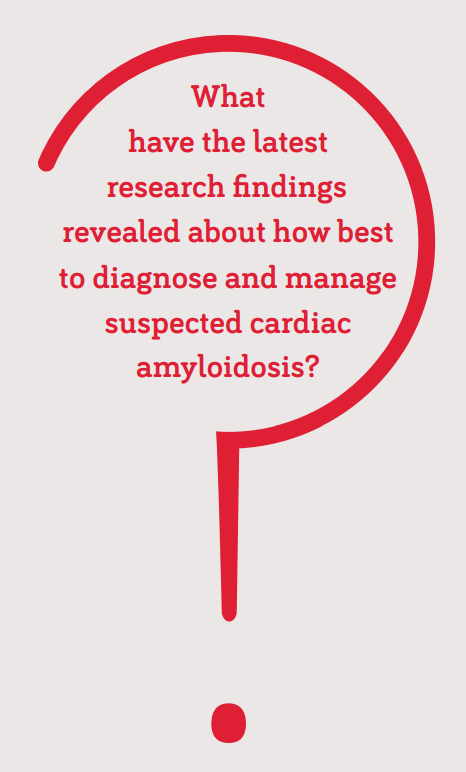No matter their heart condition, treatment history, complications or risk factors, every patient sent to the Smidt Heart Institute Advanced Heart Disease Program for evaluation or treatment can access an unrivaled range of clinical experience and technical expertise. When patients are coping with debilitating cardiomyopathy, they receive the benefit of an integrated, thoughtful team evaluation and a tailored treatment plan.
From inpatients to research participants
Cedars-Sinai’s dedicated 56-bed Advanced Heart Disease step-down unit provides round-the-clock inpatient monitoring for heart patients. Cardiac nurses offer improved oversight of specialty heart devices to enable rapid response and stabilization—resulting in better preparedness for transplant or discharge, as well as increased enrollment into clinical trials.
Research efforts such as our Cardiac Amyloidosis Registry Study—the only comprehensive U.S. registry of its kind—supplement our robust clinical program, which has few national counterparts. This endeavor, together with the numerous clinical trials we offer, has already made substantial inroads into developing novel treatments and improving quality of life for those with this devastating disease
5.7% Cedars-Sinai heart failure mortality rate, versus 11.2% national heart failure mortality rate (source: HospitalCompare) Patients with heart failure treated at Cedars-Sinai experience among the best outcomes in the nation, thanks to an integrated heart team that creates unique care plans for over 18,000 patients each year, state-of-the-art diagnostics and therapeutics, and seamless supportive care from hospital to home.
FROM RESEARCH TO THE WORLD
Cross-disciplinary and multi-institutional collaborations have catapulted participation in genetic research that will enable greater precision therapy for heart failure patients everywhere. These efforts support precision treatment plans that result in improved efficacy and reduced toxicity for complex patients—including those with chemotherapy-induced heart disease, hypertrophic cardiomyopathy and other challenging conditions.
Smidt Heart Institute clinicians and investigators routinely improve the standard of care for advanced heart disease patients through scientific publications, participation in professional society boards and guidelines, and continuing medical education offerings worldwide.
RELEVANT RECENT PUBLICATIONS
Cardiac Amyloidosis: Evolving Diagnosis and Management, Circulation; PMID: 32476490
Quantitative analysis of myocardial hypermetabolism and perfusion for diagnosing cardiac sarcoidosis, Journal of American College of Cardiology; PMID: 32462631

Cardiac biopsy with advanced tissue-staining techniques and genetic testing can confirm an amyloidosis diagnosis and subtype. Such classification is crucial to rule out mimicking diseases. While biopsy is the gold standard, it can be avoided with new developments in imaging, such as echo strain imaging (speckle tracking) and nuclear studies specific to different types of amyloidosis. Collaboration with noncardiac specialists should complement a full evaluation by advanced heart disease subspecialists and early consultation of cardiac electrophysiologists for arrhythmias. These assessments can reveal the most appropriate clinical trials and emerging therapies.
